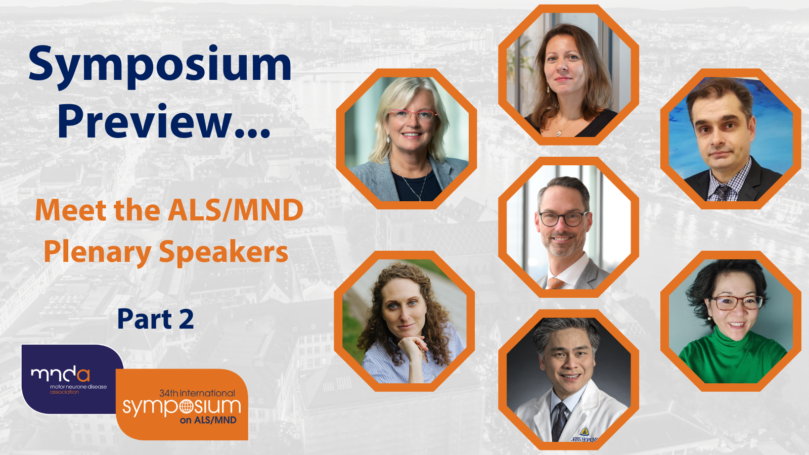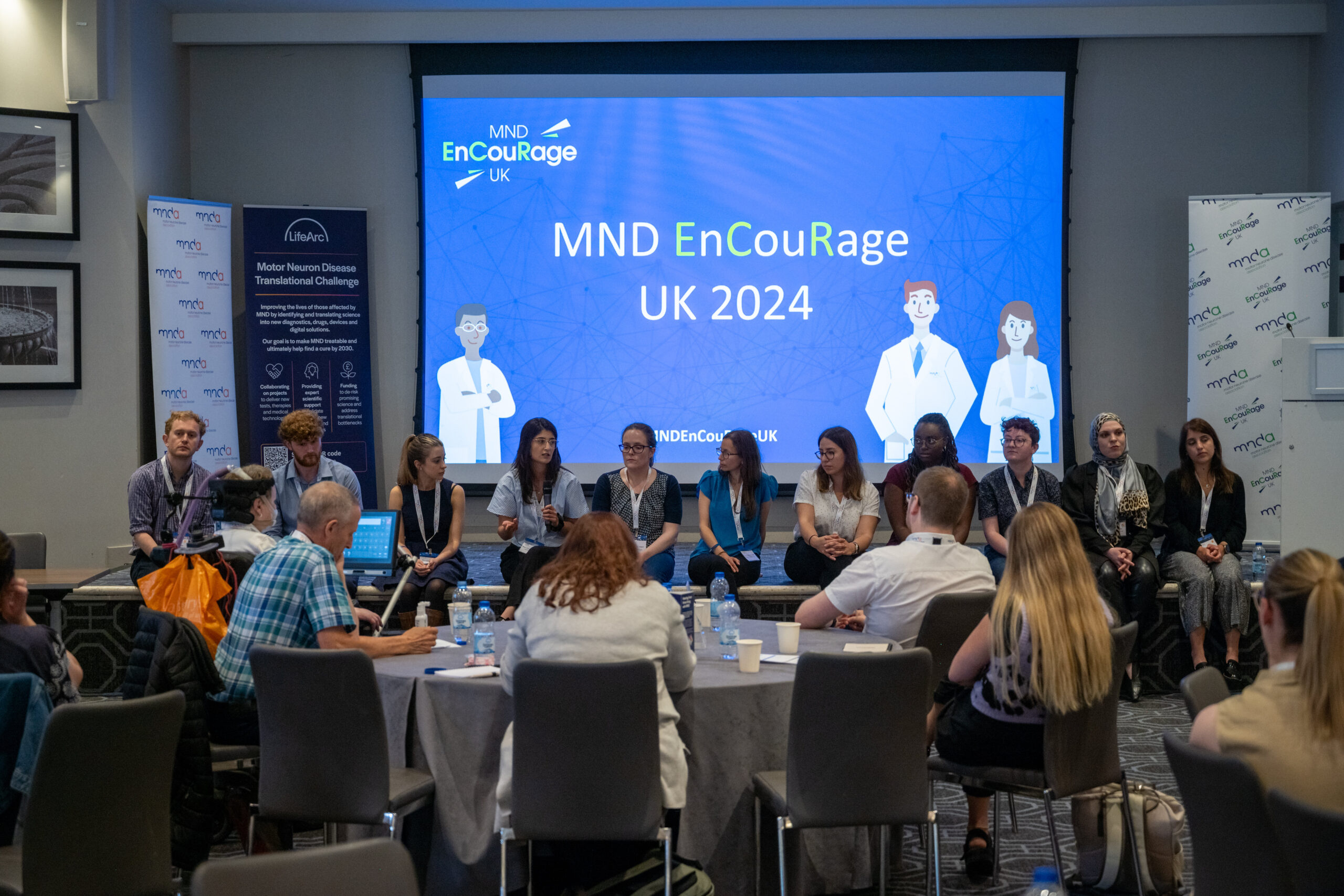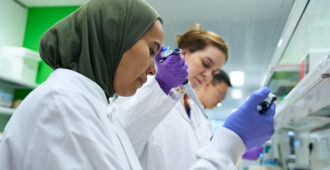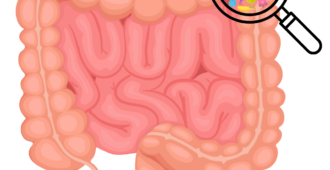As the research team count down to this year’s International Symposium on ALS/MND, we will be posting blogs throughout November to give you a snapshot of some of the research being presented at this year’s event. This year marks the 34th Symposium, the largest scientific and medical conference specific to ALS/MND, and we are looking forward to hosting this global event which gives the MND research community the chance to share their work, exchange knowledge and foster new collaborations.
Each year we invite plenary speakers who are experts in their fields to provide an overview on topics across MND research and clinical practice. This year we have 14 plenary speakers talking about ALS/MND who will discuss a wide range of topics from genetics to tissue biomarkers to improving clinical practice. In this second blog we will be taking a closer look at some of our plenary speakers this year and sharing more about the topics they will be discussing.
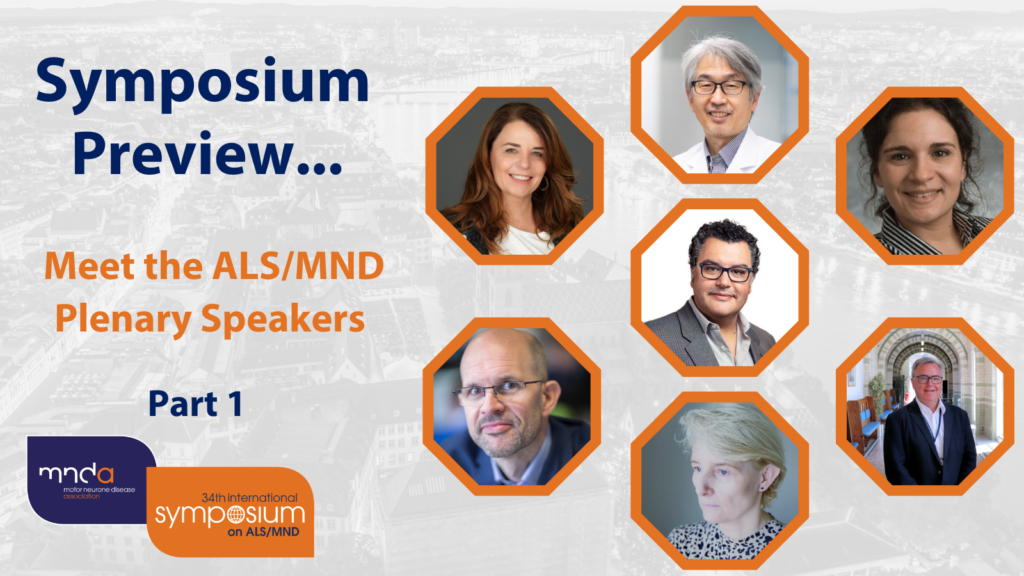
RELATED POST
Blog | 01 November 2023 | Eleanor Green
Symposium Preview: Meet the ALS/MND Plenary Speakers…Part 1
Day 2, Session 8A: TDP-43
TDP-43 has long been associated with the development of MND and becomes faulty in around 97% of all MND cases. This faulty version of TDP-43 builds up in neurons and forms clumps which are toxic to the cells. Previous research has found that these clumps of TDP-43 may contribute to the damage, and ultimately, death of motor neurons. As it is involved in such a high proportion of cases of MND, it has been suggested that targeting TDP-43 might be a good therapeutic strategy.

Professor Magdalini Polymenidou, from the University of Zurich, will present her thoughts on whether TDP-43 is a good potential target for therapies in her talk ‘Does TDP-43 constitute a viable therapeutic target?‘. She will discuss the work of her team into the different properties and environments of TDP-43 clumps found in people with MND and FTD. Her team have been looking into the mechanisms behind the formation of these clumps in neurons and used a new model and method to uncover more about the underlying biology of TDP-43 in the diseases. She will share how this new model and method may be useful for others studying TDP-43 and highlight some possible routes for the development of potential therapies targeting the faulty protein.
Day 3, Session 9B: Clinical management
While we search for more effective treatments, it is important to make sure that people with MND receive the best care and support available and that this is informed by the priorities of people with MND and their carers and families. Research into improving the standards of care for people with MND is critical to providing a strong evidence base for changes to current care practices to ensure they are the best they can be.
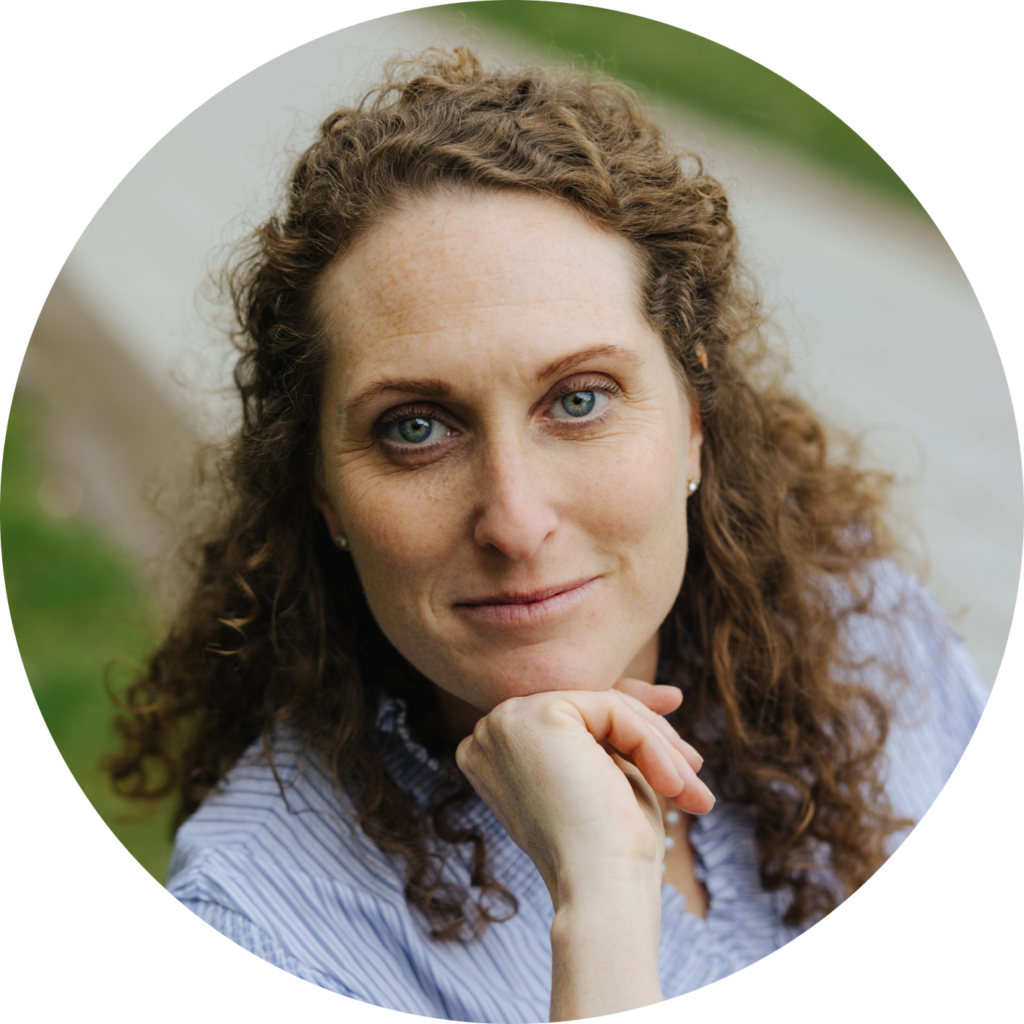
In her talk ‘Standard of care in an area of multiple treatment’, Dr Caroline Ingre from the Karolinska Institute will discuss standard care (which focuses on symptom management) and ways to incorporate this with the growing number of clinical trials for MND. Dr Ingre will consider what the future of standard care may look like and the challenges that this might bring for multidisciplinary care teams in clinics. She will share possible steps to overcome these challenges to enable clinical care teams, research teams and people with MND to work together to make decisions on care and research.

Professor Eneida Mioshi, from the University of East Anglia, will present her research on ‘Developing guidelines for the management of cognitve and behavioural changes in ALS’. In this talk, Professor Mioshi will highlight the experiences of healthcare professionals, families and carers of people with MND who show cognitive and behavioural changes and consider how these symptoms are currently managed. She will also discuss a new intervention called the ‘MiNDToolkit’ which is an online resource that may help to support people to better manage behavioural symptoms in MND.
Day 3, Session 10A: Transcriptomics and RNA biology
There are several proteins which are known to become faulty in MND and play a role in the development of the disease. These proteins are produced from instructions in the form of RNA (a photocopy of DNA), and if there is a mistake in the DNA this gets copied to the RNA too and the protein is made incorrectly. The study of RNA and it’s activity and behaviour within cells is called Transcriptomics and this is an important area of MND research as it may help us to understand more about how proteins are made and behave in MND.
TDP-43 is a protein that is known to be faulty in MND as it moves outside of the nucleus, where it usually functions. This means that the behaviour of TDP-43 changes and this can affect the functions of other RNA and proteins too. For example, it can lead to some non-coding RNA (which does not contain instructions to make proteins) being included in the protein instructions. These pieces of non-coding RNA that are included in some protein instructions are called cryptic exons and mean that the instructions to make the proteins are incorrect.
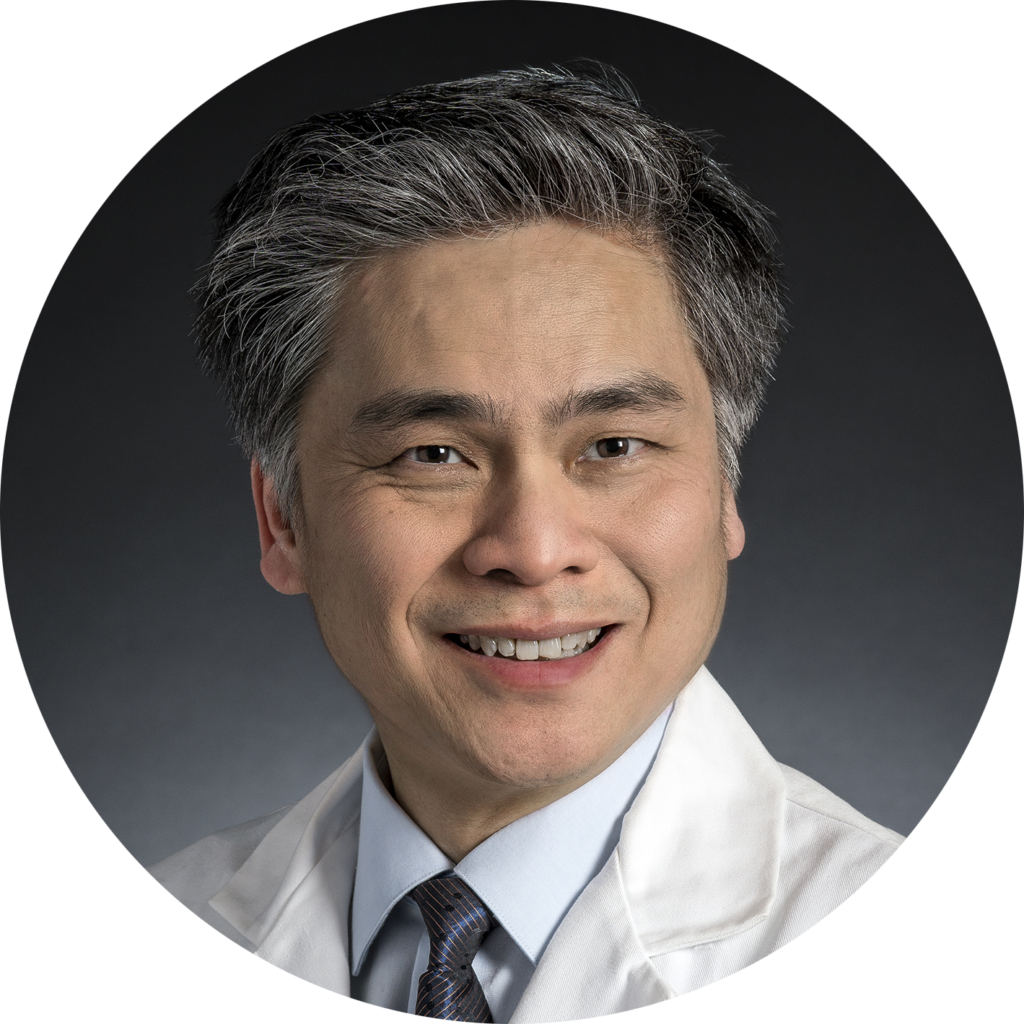
Professor Phillip Wong, from John Hopkins Medicine, will share his work to discover whether the action of TDP-43 is lost in the early stages of the disease. His talk ‘TDP-43 dependent cryptic exons: functional fluid biomarker and target validation’ will highlight how these cryptic exons can be detected in biological samples from people with MND and how looking at this may help to determine how early in the disease the behaviour of TDP-43 changes. He will also discuss potential therapeutic strategies for targeting TDP-43 to correct it’s function and stop cryptic exons from being included in instructions for proteins.
Day 3, Session 10B: Clinical stratification and endpoints
People with MND often experience different symptoms and have varying rates of disease progression too. The disease is not the same for everyone with MND, and it is important to take this into account for clinical trials, treatment and care. Clinical trials often recruit people with MND who are within 2 years of symptom onset, but researchers are working to improve the design of clinical trials so that more people with the disease can take part in trials. One of the issues that researchers are trying to find a solution to is how best to group people with MND by shared biological characteristics so that specific groups can be compared to observe any differences in responses to treatment between them. It is thought that treatments for MND may not fit a ‘one size fits all’ approach and that different treatments may be needed for different groups of people with the disease.
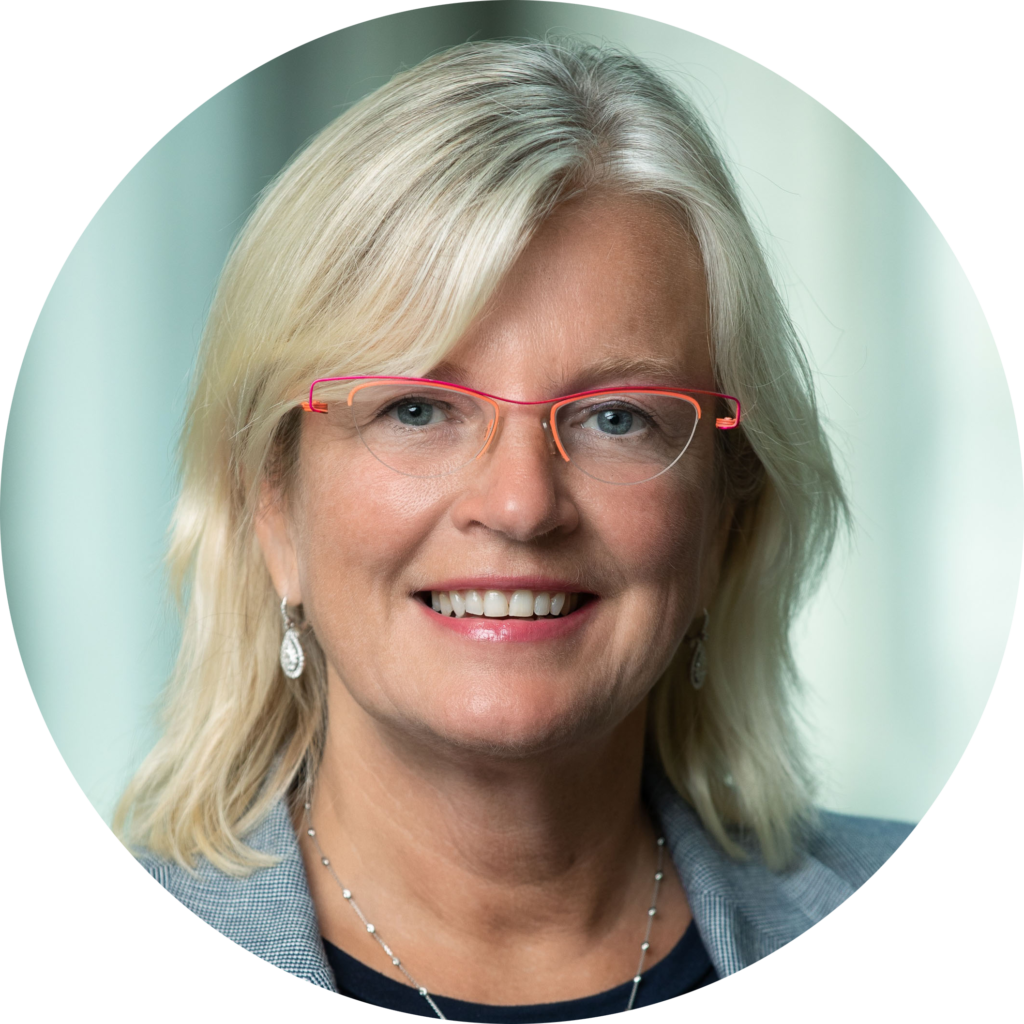
Dr Angela Genge, from the Montreal Neurological Institute & Hospital, will give a talk on ‘Stratification and improving clinical endpoints – is personalised medicine the answer?’, which will review recent developments in clinical trial design. She will discuss the use of biomarkers (biological markers of disease) in trials to demonstrate that the potential treatment is working as designed and to determine whether the treatment being tested is effective at slowing disease progression. Her talk will consider how biomarkers might be useful when grouping people with MND for clinical trials and may lead towards a personalised approach to treating the disease.
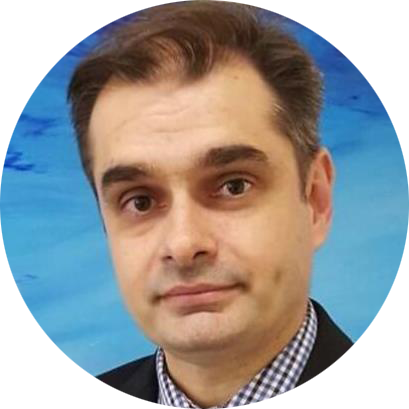
In his talk, ‘ALS clinical heterogeneity – what we know and what we need to know’ Professor Steve Vucic, from the University of Sydney, will discuss the different ways that MND and FTD can present, in terms of symptoms experienced by those with the diseases. His talk will highlight gene changes associated with these diseases and how these may be linked to differences in the underlying biology. Dr Vucic will also discuss how differences in the biology and symptoms of these diseases should be taken into account when planning future care and developing new therapies for MND and FTD.
Day 3, Session 11: Closing Session
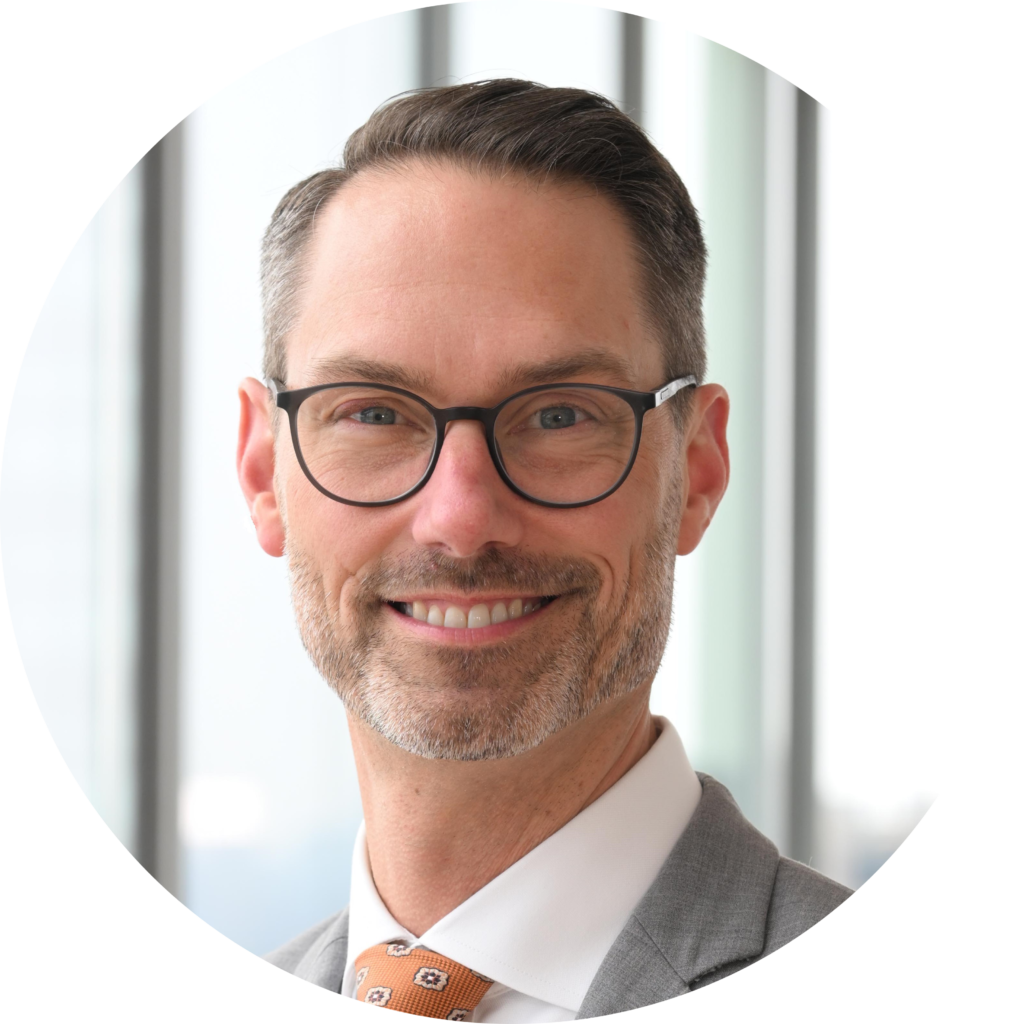
In the closing session of this year’s symposium, Dr Matthew Harms from Columbia University Irving Medical Center will discuss genetic testing in MND. His talk, ‘Genetic testing in ALS – opportunities and challenges’ will cover the growing importance of making genetic testing available to everyone with MND, especially with a rise in the development of gene therapies for the disease. As more gene therapies are on the horizon, people with MND need to find out whether they have a gene mutation and are able to access these treatments. Dr Harms will share the work of an expert panel that was created to help determine which gene changes linked to MND may cause the disease, and which may increase risk of developing MND or influence disease progression. This will include the production of a set of guidelines for use in the USA that can be used to categorise newly identified gene changes to determine if they play a significant role in the cause of the disease. Being able to categorise gene changes linked to the disease, and determine which ones may play a role in causing the disease, may lead to the development of more effective gene therapies. It will also help to group people with MND, if the availability of genetic testing is expanded, as people with similar gene changes can be identified and this could help us to understand more about why people with MND experience different symptoms and have different rates of progression.
If you’ve enjoyed this preview of some of the talks being given by our Plenary Speakers and haven’t read part one you can read it here. Keep an eye out next week for our blog highlighting the Plenary Speakers for the ALS/FTD sessions.
We hope you’ll be joining us at this year’s Symposium either in Basel or online. The online attendance will allow delegates to watch some sessions live, with on demand access for all sessions available after the event (on demand access will also be available to those who attend in-person). There’s still time to register to attend both in-person and online if you haven’t already!
Stay Informed
You can find out more about the International Symposium on ALS/MND on the website and view the final programme for this year’s event.
You can follow our research account on Twitter. We tweet about up to the minute research and will be tweeting throughout the Symposium using the hashtag #alsmndsymp.

